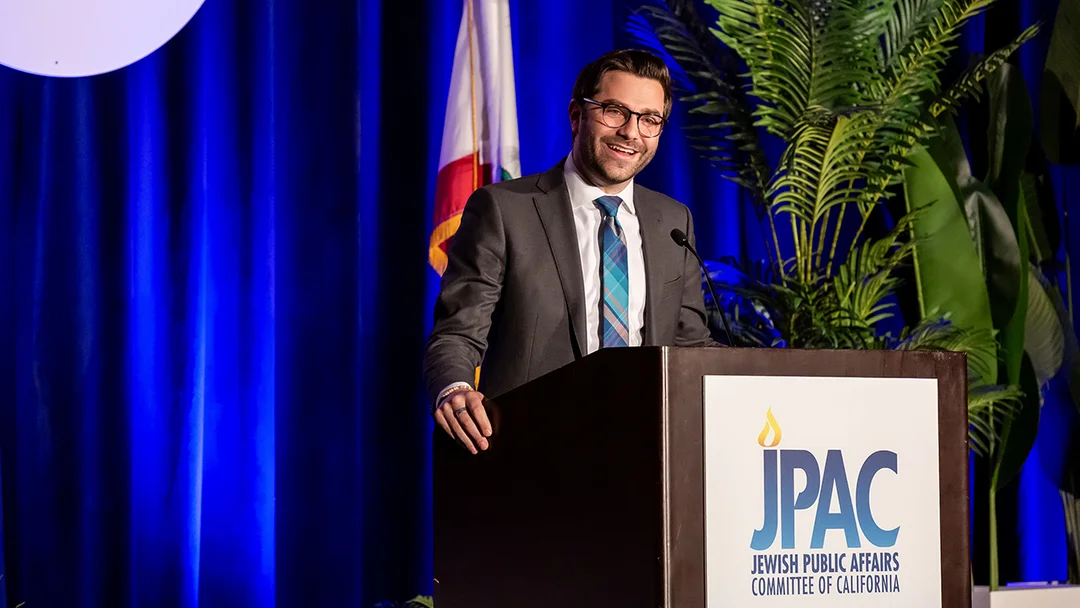
Will California’s Bold Ethnic Studies Plan Crumble Under Pressure?
California's groundbreaking effort to make ethnic studies a high school graduation requirement is now teetering on the edge, raising questions about education, politics, and societal values. As the state grapples with funding delays and fierce controversies, the fate of this initiative could reshape how students learn about diversity and social justice.
Four years after California became a national leader by passing a law to mandate ethnic studies, Governor Gavin Newsom has paused funding, leaving school districts in uncertainty. Originally set to take effect this fall for incoming 9th graders, the requirement hinges on state support to cover costs like teacher training and materials. Newsom's administration cited limited resources, but critics argue this move reflects deeper ideological battles. In districts like Los Angeles Unified, some are pushing ahead independently, while others, such as Chino Valley Unified, are holding back until funding is secured.

The controversy intensifies with accusations that certain curricula promote divisive politics. Ethnic studies, intended to explore the histories of marginalized groups, has drawn fire for potentially biased content, particularly regarding the Israeli-Palestinian conflict. Jewish groups have raised concerns about antisemitism in materials like those from the Liberated Ethnic Studies curriculum, leading to lawsuits and legislative pushback. For instance, in Santa Ana Unified School District, a settlement required revisions after allegations of secretive approvals and discriminatory elements. Assemblymember Dawn Addis is championing new bills to standardize and transparently implement ethnic studies, emphasizing protection against hate in classrooms.
Comparisons across districts reveal stark differences. In Tamalpais Union High School District, the curriculum is criticized for embedding 'intersectionality'—a framework that categorizes groups as oppressors or oppressed based on identity factors. This approach, while aiming to foster empathy, risks alienating students and parents, as noted by columnist Dick Spotswood. Yet, supporters like teacher Amber Palma at Firebaugh High School argue it's essential for empowerment. Students such as 15-year-old Jayden A. Perez share powerful insights: 'We’re all human. What’s the point of having power and not using it for good?' This highlights the course's potential to bridge divides, but only if executed carefully.
Amid these debates, the broader implications are profound. Ethnic studies emerged from the 2020 racial reckoning following George Floyd's murder, intending to combat racism and promote equity. However, without funding and clear guidelines, it could exacerbate tensions rather than resolve them. Schools like those in Palo Alto have faced backlash over perceived imbalances in portraying power and privilege, underscoring the need for balanced implementation.

In summary, California's ethnic studies mandate represents a pivotal moment in education reform, but funding pauses and content disputes threaten its success. Will this initiative unite students or deepen divisions? The outcome could influence national approaches to teaching diversity, making it a critical issue for all stakeholders.
We invite you to share your thoughts: Do you support ethnic studies in schools? Leave a comment below and help spark a meaningful conversation.